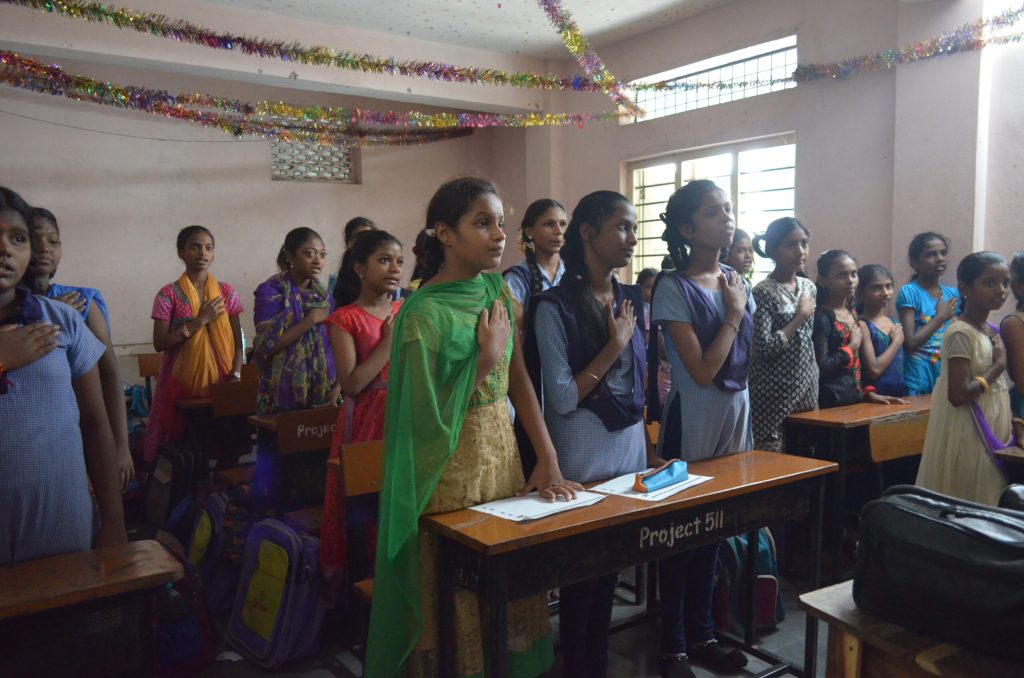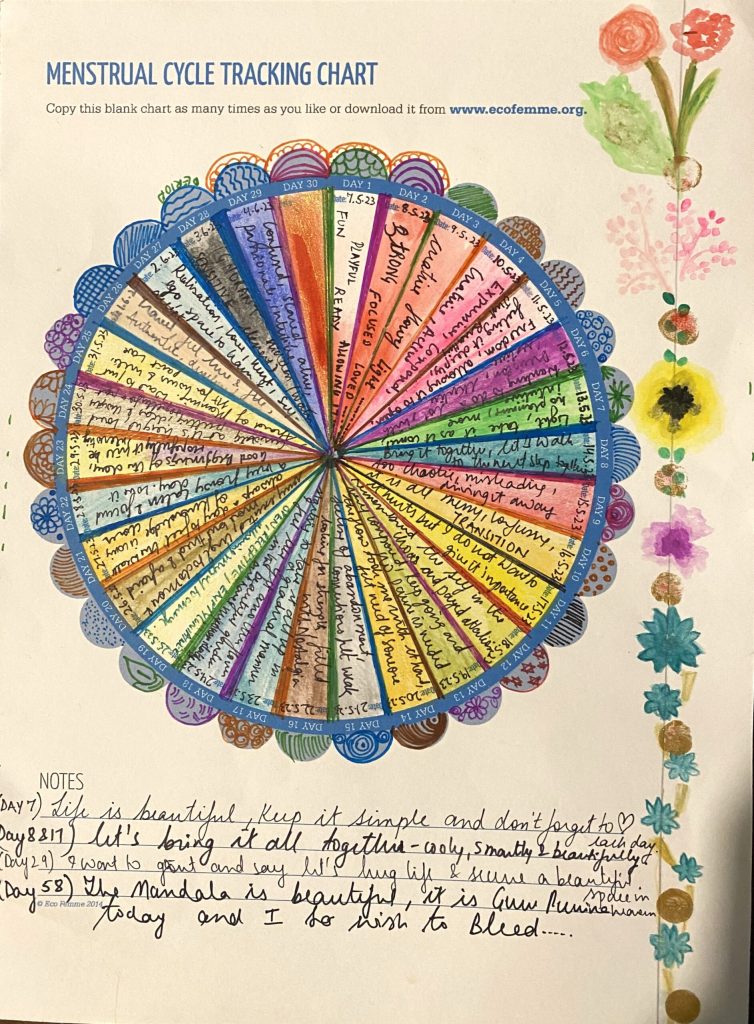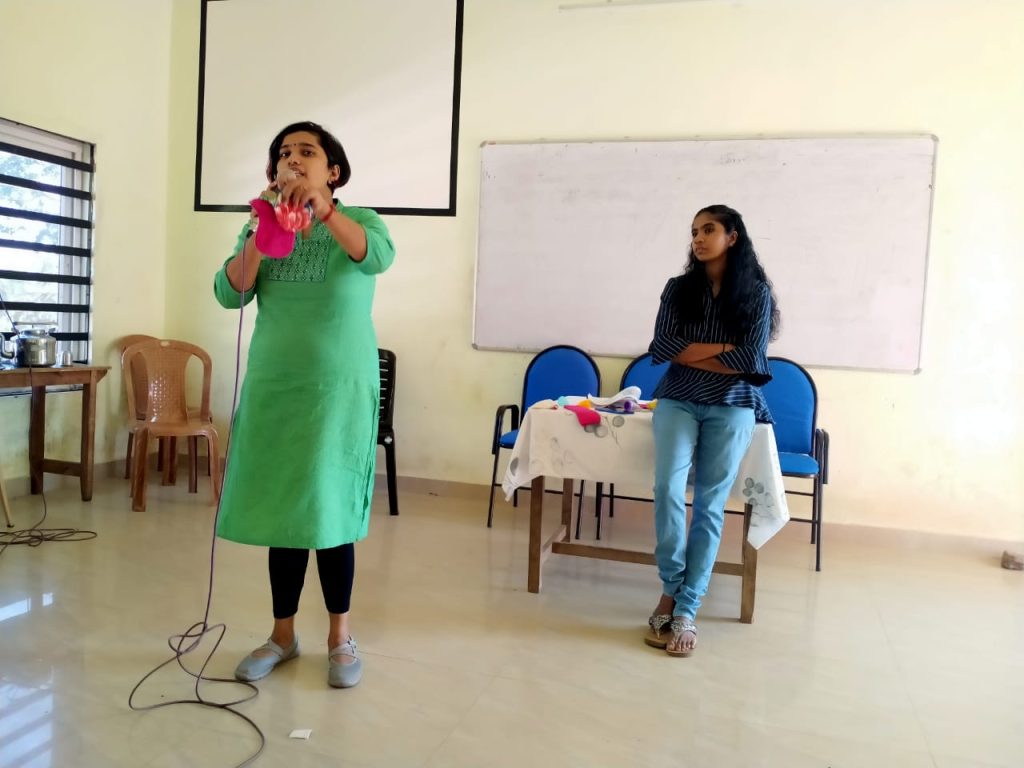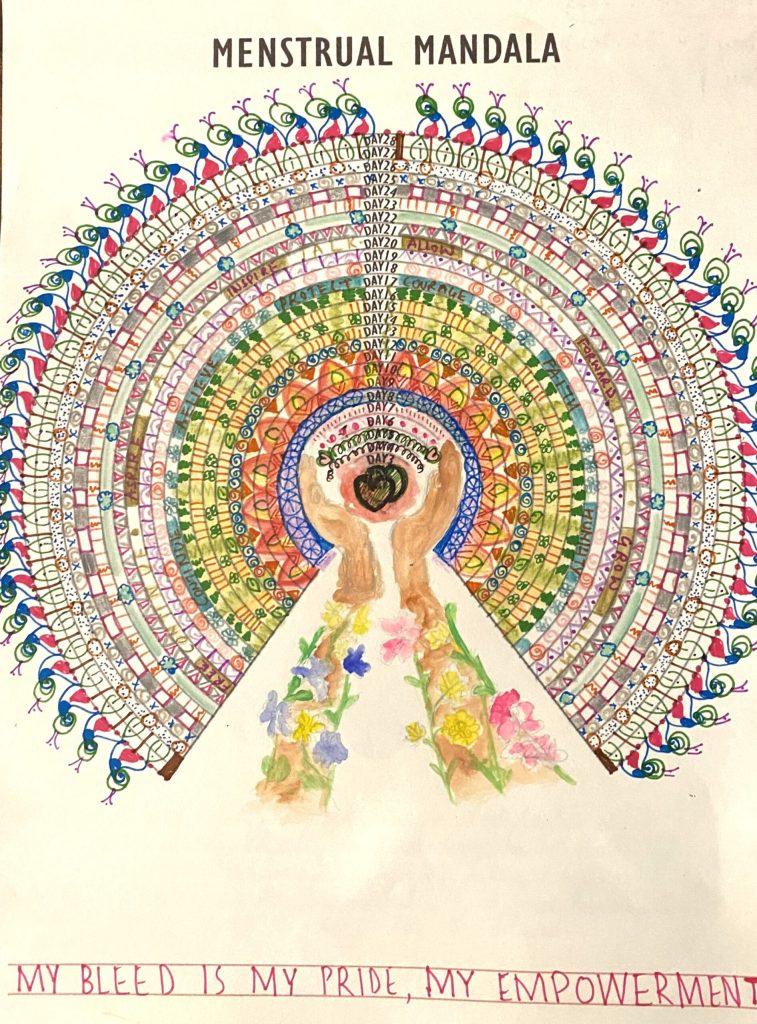The pandemic has been an eye-opener for many of us. It slowed down the pace of life and gave us a space to reconsider our choices and their impacts on our immediate environment and the planet as a whole. For me, personally, the pandemic gave me an opportunity to look at the various products that I use and how I could minimize the waste I produced as an individual and shift to a zero-waste lifestyle.
But the journey of sustainability is never just personal. In fact, it is one of the most important social and political movements that we can begin by simply changing the way we live. It began with a search to find an alternative to plastic sanitary pads, which I had to burn in secret, and it has come to a point where Maanushi for Earth, a collective, works to integrate simple, eco-friendly, and sustainable practices into the lives of our community.

For me, the problem with plastic pads were primarily about the concern around burning them and inhaling the toxic fumes. But as I searched for an alternative, the impact of the available sanitary products on our health and the environment was something that made me think about how to make this information available to a larger group of people.
Since I knew about Eco Femme, my first choice was to try the cloth pads before anything else. And two months later, I emailed the team, asking them about how I could contribute to the movement of sustainable menstruation. As Kumily is a rural village, my priority was towards the educational aspect of Menstrual Health Management (MHM) as we are still stuck with age-old taboos and lack of information about basic health and hygiene aspects regarding menstruation, and consequently, we started working as a Pad for Pad partner with Eco Femme during December, 2020.

The journey of being a Pad for Pad partner has been one of the most enriching experiences I have had as an individual and for Maanushi as a collective. Despite the hurdles of a pandemic being in place, we have had the privilege of breaking the taboos around menstruation with young menstruators, addressing their concerns and providing them with the ability to make an informed choice about the available period products.

We could witness young girls coming into an acceptance about their bodies and letting go of the shame around periods. But since we started our activities in the midst of the first Covid wave, the experience of conducting the sessions in groups larger than 20 has been difficult because of how the masks prevent us from seeing their quick responses and forming an emotional bond with them. But in smaller groups, it was easier to communicate and get the kids to communicate back.
Another hurdle we faced was in organising the sessions with the help of Anganvadi teachers or other social groups; had the schools been functional, it would have been way more easier to organise the sessions. In fact, the authorities of two of our Government schools had agreed to start the MHM sessions for their students in June; but the second wave has put it all on hold. Although I have taken a few sustainable menstruation sessions to college students online, I feel that the impact of an in-person MHM session is far more profound as we facilitate a safe space where they can ask questions and not feel inhibited. The pandemic has been stopping us from the joy of doing the face to face sessions, where the spirit of bleeding with pride resonates louder.
Written by Lakshmy Das
More about her on Instagram account.








Comments (0)
Gender equality will not be achieved unless menstrual health is addressed by all relevant sectors through appropriate policies, programming and funding.